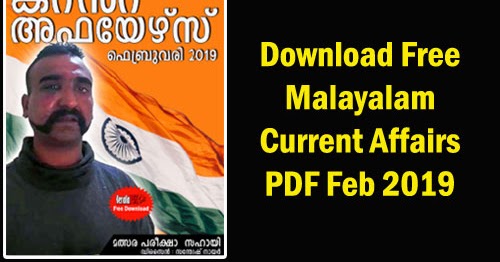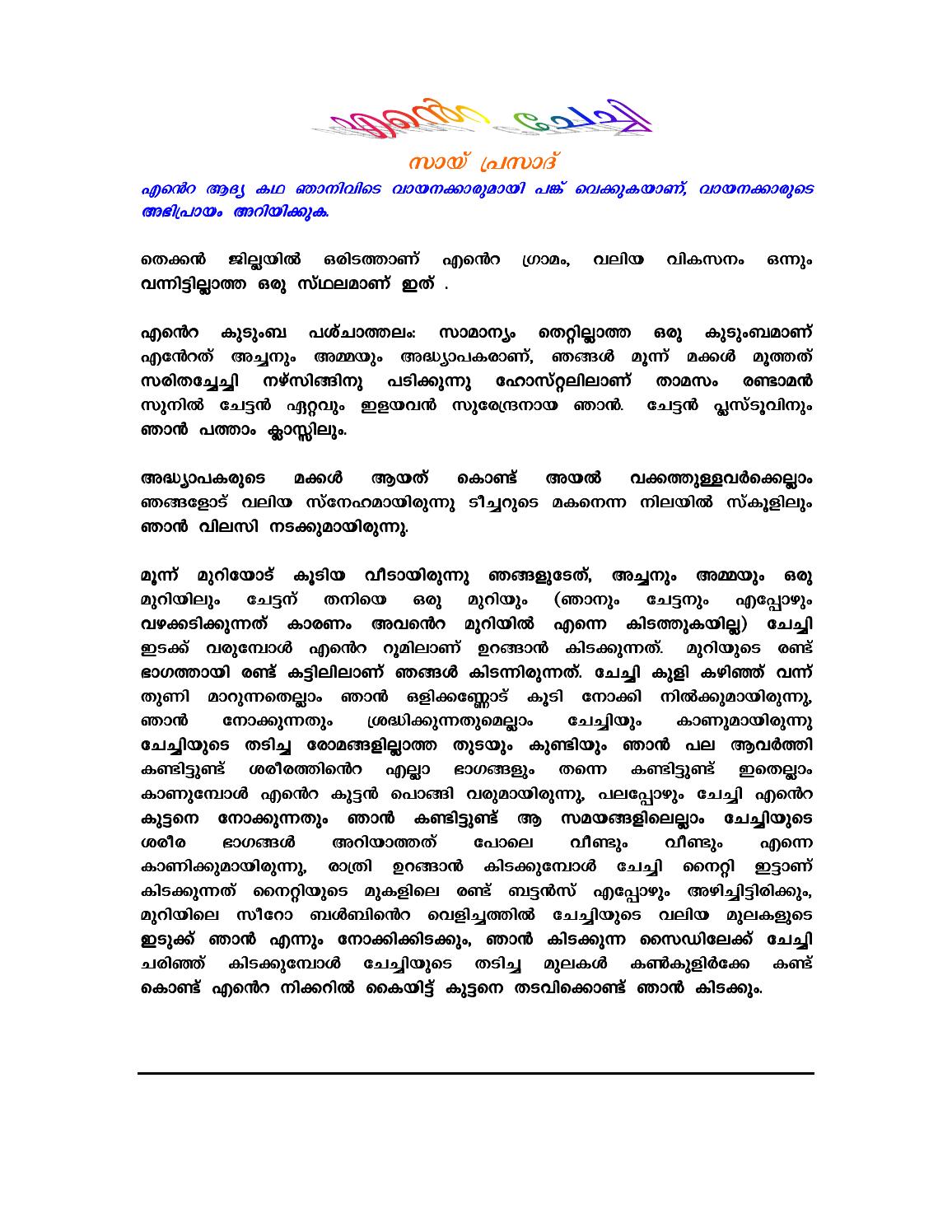


The show has been described as a ‘part-reality’ show on account of the fact that it hybridizes the formula for reality television by adding a component of investigative journalism. Taking the programme Pravasalokam or ‘The World of Expatriates’ as a specific instance, this article tracks the imagination of ‘Gulf’ and the affective community who responds to such transnational television programmes. This article maps the intricate ways televisual spaces build a sense of community and access to transnational networks of solidarity. Paying attention to sonic waves and networks that bind together radio stations and audiences in Qatar across work and home spaces, I argue that diasporic vernacular radio both reinforces and challenges notions of ‘Malayali-ness’ within the Gulf Malayali community (bandham) and beyond. This paper shows, firstly, the interwovenness of work and leisure in the everyday lives of Malayali migrants in Qatar and secondly, the role played by radio listenership and production practices in crafting distinctive ethnolinguistic spatialities of sound (sabdam) via sonic connections that transcend the binary between being at home and abroad.

Combining ethnographic research and media content analyses, I build on this scholarship through a novel study of vernacular radio as a critical means of sustaining South Indian (Malayali) diasporic communities betwixt and between their home and host societies. Recent scholarship on trans-oceanic exchanges between the Persian Gulf and South Asia has delved into previously neglected minutiae of everyday migrant life beyond labour.


 0 kommentar(er)
0 kommentar(er)
